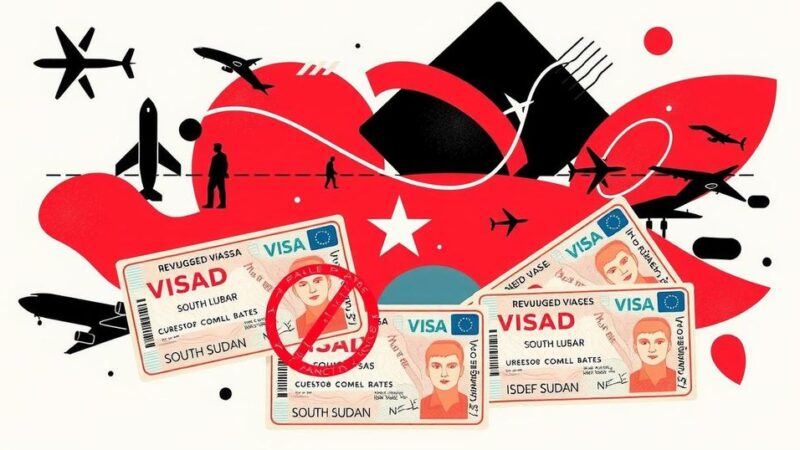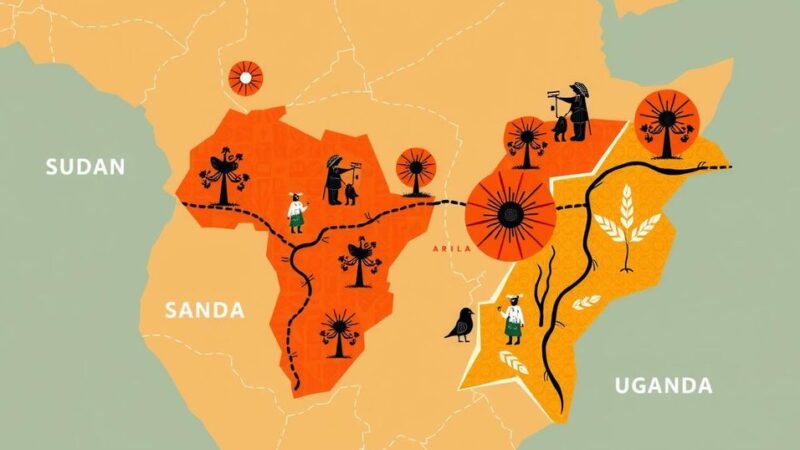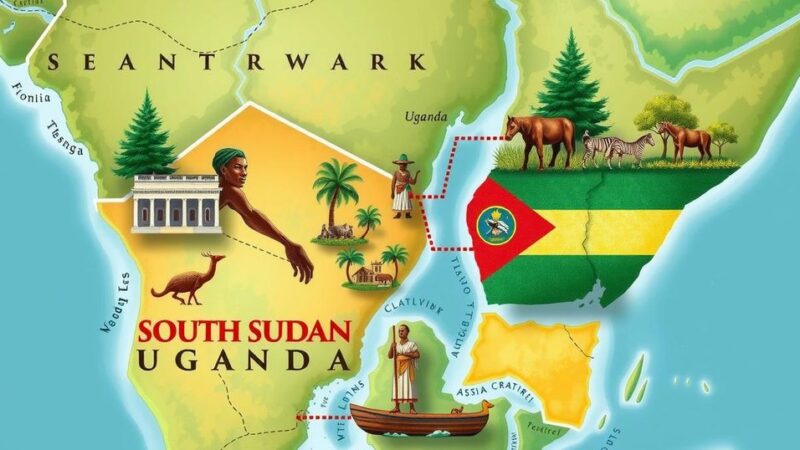Abdul Rahman Al-Qaradawi, son of the late Muslim Brotherhood leader, was arrested by Lebanese authorities at the Masnaa border due to an Egyptian warrant. He faces charges of opposing the state and inciting terrorism, with a five-year jail sentence imposed in absentia. His father was a prominent Muslim Brotherhood figure, and the Lebanese judiciary will review his case for potential extradition to Egypt.
Lebanese authorities have detained Abdul Rahman Al-Qaradawi, the son of the late Muslim Brotherhood leader, following an Egyptian arrest warrant. He was taken into custody at the Masnaa border crossing upon arrival from Syria. The warrant, based on a ruling from the Egyptian judiciary, charges him with opposing the state and inciting terrorism, resulting in a five-year prison sentence in absentia. Al-Qaradawi’s father, Yusuf Al-Qaradawi, was a notable Sunni scholar and the spiritual leader of the outlawed Muslim Brotherhood in Egypt. The Lebanese judiciary will review the case to determine if the conditions for extradition are satisfied after consulting with Egyptian officials.
The situation surrounding Abdul Rahman Al-Qaradawi is rooted in the ongoing tensions between the Egyptian government and the Muslim Brotherhood, which has been designated a terrorist organization by Cairo since 2013. This designation has led to widespread crackdowns, including the imprisonment of thousands of Brotherhood members and their supporters. Al-Qaradawi’s father was an influential figure in the Brotherhood and faced imprisonment multiple times due to his beliefs. Following the uprisings during the Arab Spring, Al-Qaradawi has continued to oppose the current Egyptian regime under Abdel Fattah El-Sisi.
Abdul Rahman Al-Qaradawi’s arrest by Lebanese authorities highlights the complex and contentious relationship between Egypt and the Muslim Brotherhood, as well as Lebanon’s role in addressing extradition requests. The case underscores the continuing legacy of Yusuf Al-Qaradawi’s influence and the ongoing political struggles within Egypt. As Lebanon prepares to assess the conditions for extradition, the political implications remain significant both regionally and internationally.
Original Source: www.arabnews.com






